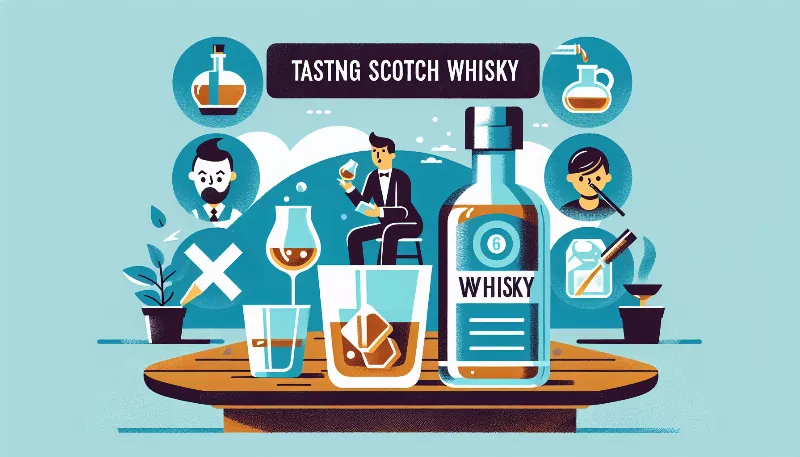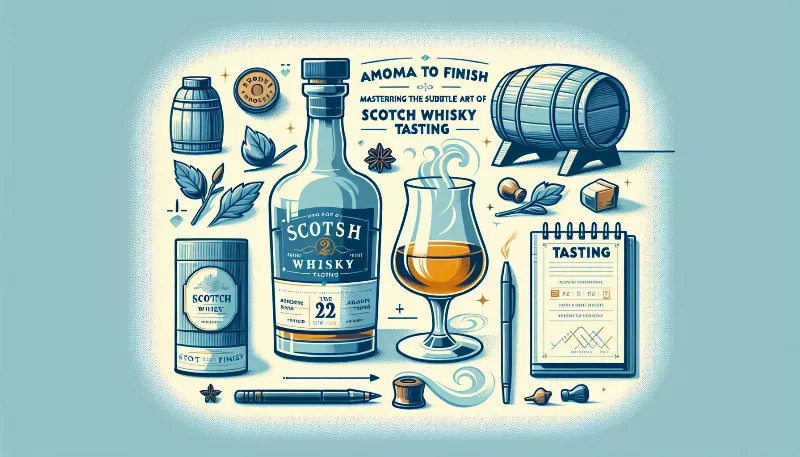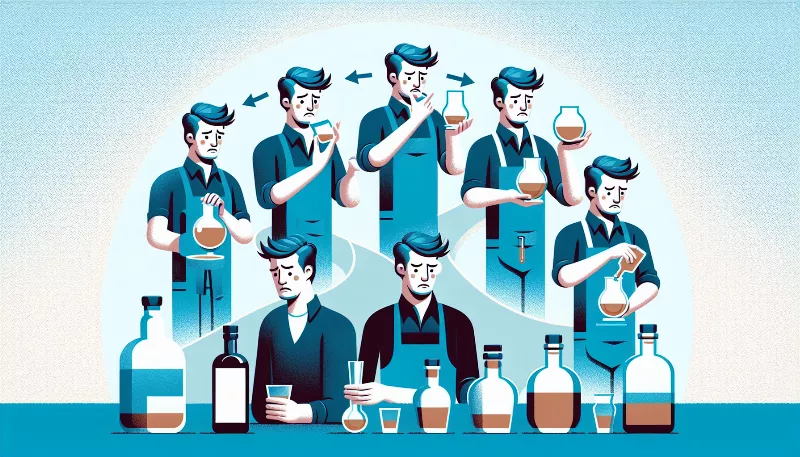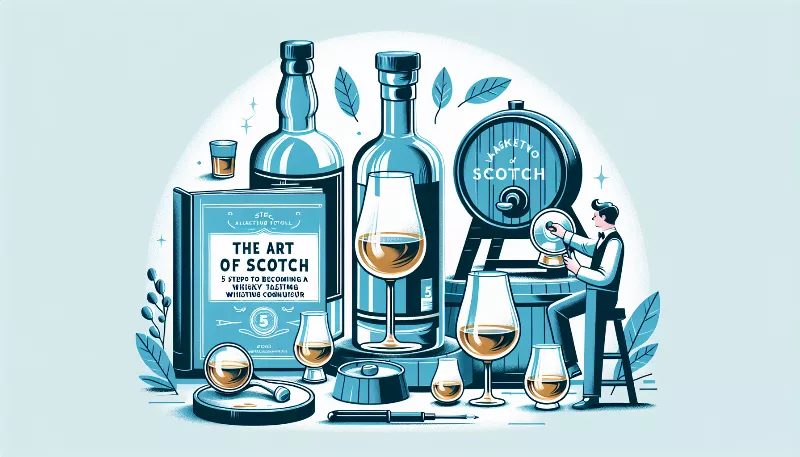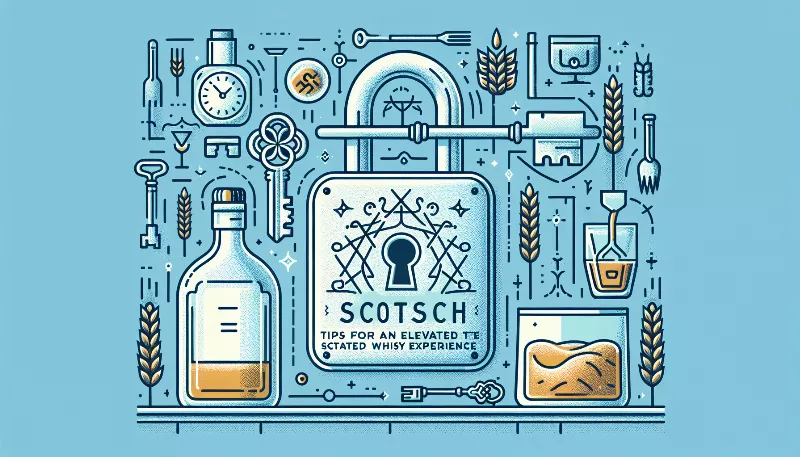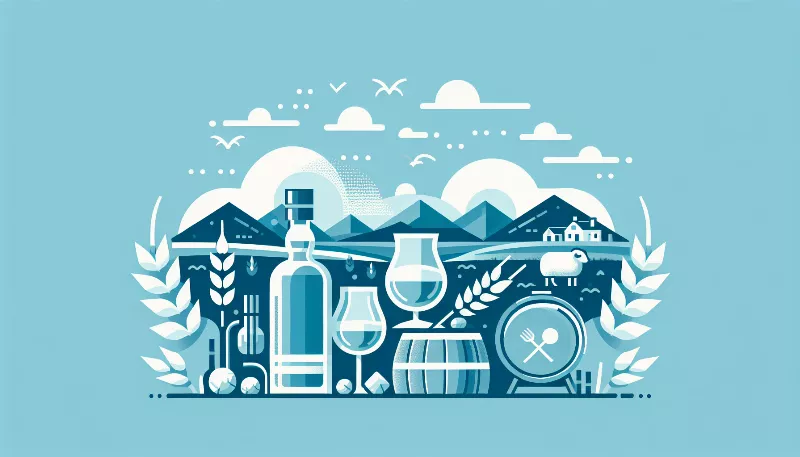How is Scotch whisky made and what are the key ingredients?
Discover the art of Scotch whisky making, its prime ingredients & traditional processes. Unlock the secrets behind Scotland's iconic spirit.
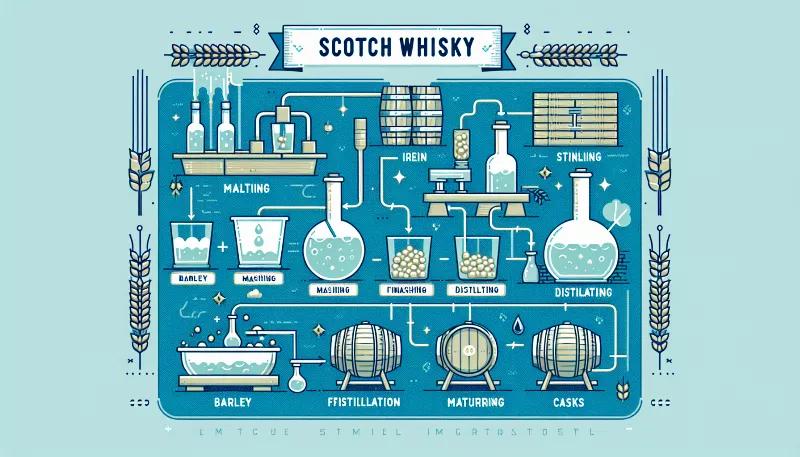
The Essence of Scotch Whisky
Embark on a captivating journey into the heart of Scotland, where the ancient craft of distilling transforms simple ingredients into the liquid gold known as Scotch whisky. This storied spirit, steeped in tradition and savored by connoisseurs around the globe, is the product of a meticulous process that has been refined over centuries. Let's delve into the fascinating world of Scotch whisky making and discover the key elements that give it its unique character and allure.
Key Ingredients: The Foundation of Flavor
At its core, Scotch whisky is made from three essential ingredients: water, malted barley, and yeast. The quality of these ingredients is paramount, as they lay the groundwork for the whisky's final flavor profile. Scottish water, renowned for its purity, imparts a softness to the whisky, while the malted barley provides the sugars necessary for fermentation. Yeast, the unsung hero of the process, converts those sugars into alcohol, setting the stage for the magic of maturation.
The Malting Process: Awakening the Barley
The journey begins with malting, where barley grains are soaked in water and allowed to germinate. This crucial step activates enzymes that break down the starches into fermentable sugars. The germinated barley, now called 'green malt,' is then dried in a kiln, often over peat, which can impart a distinctive smoky flavor—a signature of many Scotch whiskies.
Mashing and Fermentation: Brewing the Base
Next, the dried malt is ground into a coarse powder known as 'grist.' The grist is mixed with hot water in a large vessel called a mash tun, extracting the sugars to create a sweet liquid called 'wort.' After the wort is drained, it's cooled and transferred to fermentation vessels, typically made of wood or stainless steel. Yeast is added, and over the course of several days, it ferments the wort into a low-alcohol liquid called 'wash,' akin to a strong beer.
Distillation: The Heart of the Spirit
Distillation is where the true transformation occurs. The wash is heated in copper pot stills, where it undergoes two rounds of distillation. The first, in the wash still, separates the alcohol from the water, yeast, and residue. The resulting liquid, called 'low wines,' moves to the spirit still for a second distillation. Here, the distiller makes critical cuts, isolating the 'heart' of the run—the purest and most flavorful part—while discarding the 'heads' and 'tails,' which contain unwanted compounds.
Maturation: The Alchemy of Aging
Scotch whisky must be aged in oak casks for a minimum of three years, but many are matured much longer. During this time, the whisky develops its complexity, drawing color, flavor, and character from the wood. The choice of cask—be it American bourbon barrels, Spanish sherry butts, or other types—further influences the whisky's taste, adding notes of vanilla, fruit, spice, or chocolate. The cool, damp Scottish climate allows for a slow, gentle maturation, ensuring a smooth and well-rounded final product.
Bottling: The Final Touch
After maturation, the whisky is often blended with other casks to achieve a consistent flavor profile, though single malts from a single distillery are also highly prized. It may be diluted with water to reach the desired strength before being bottled and sealed, ready to be enjoyed by whisky lovers everywhere.
In every glass of Scotch whisky, there lies a story of craftsmanship, heritage, and the natural bounty of Scotland. From the pristine waters to the golden barley and the silent slumber of oak casks, each element plays a pivotal role in creating the rich tapestry of flavors that define this iconic spirit. Slàinte mhath!

